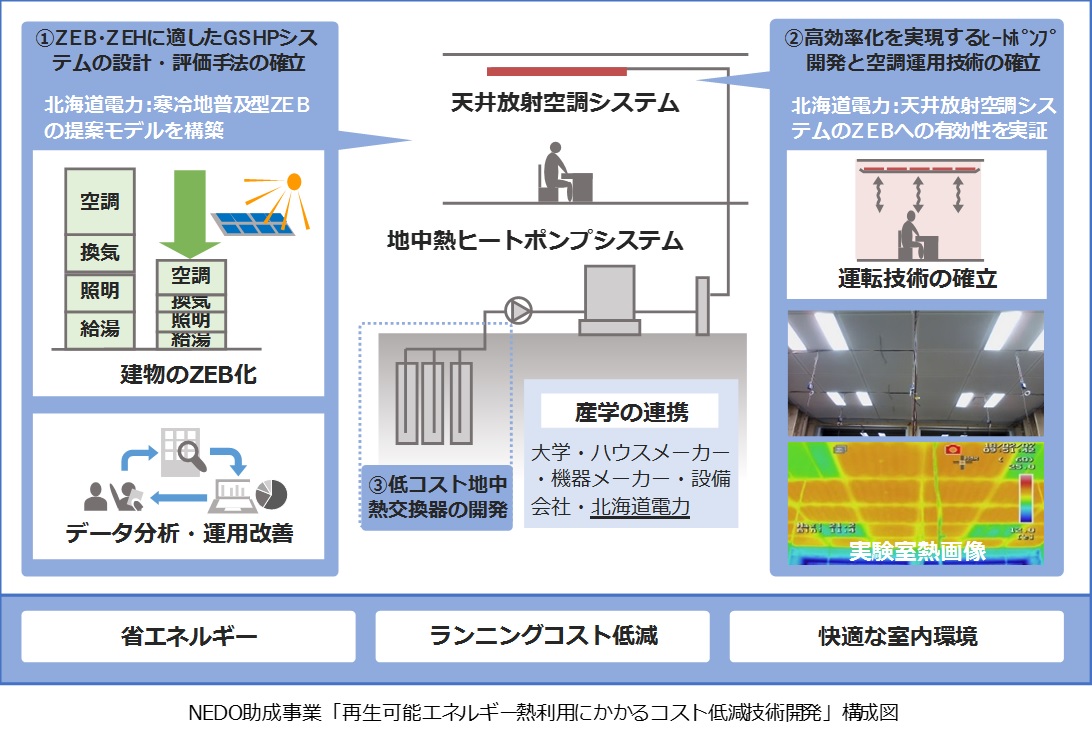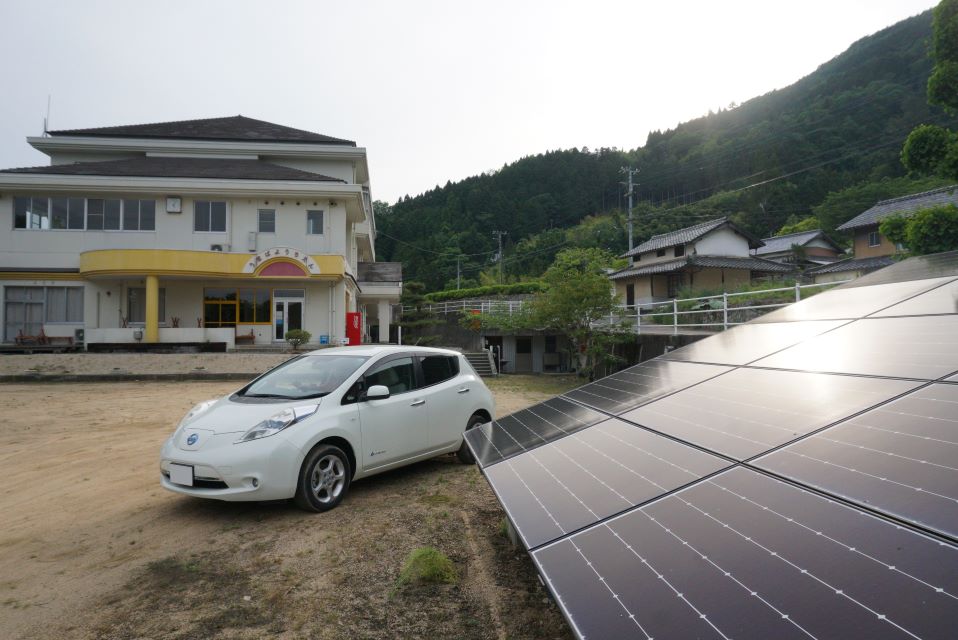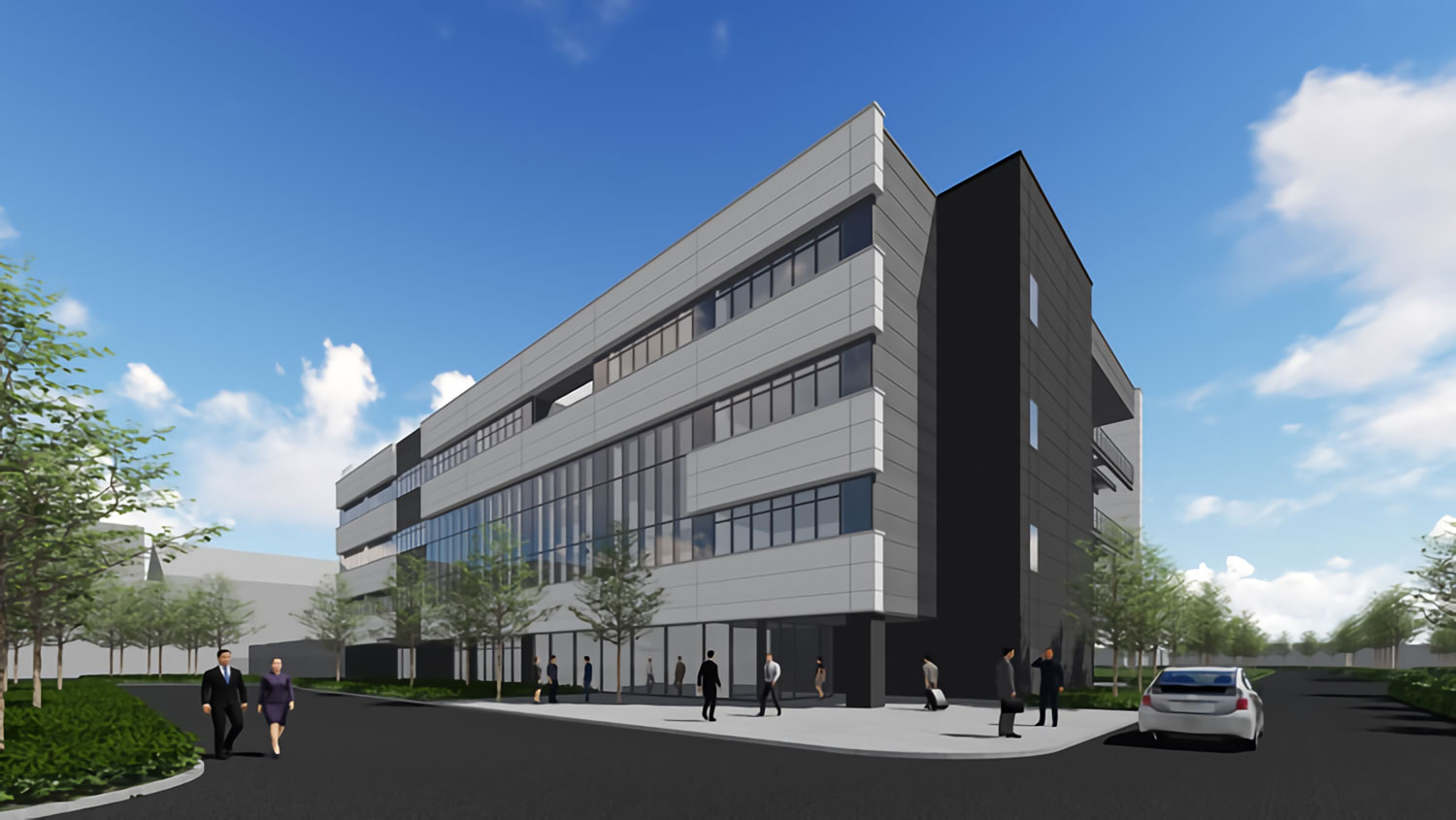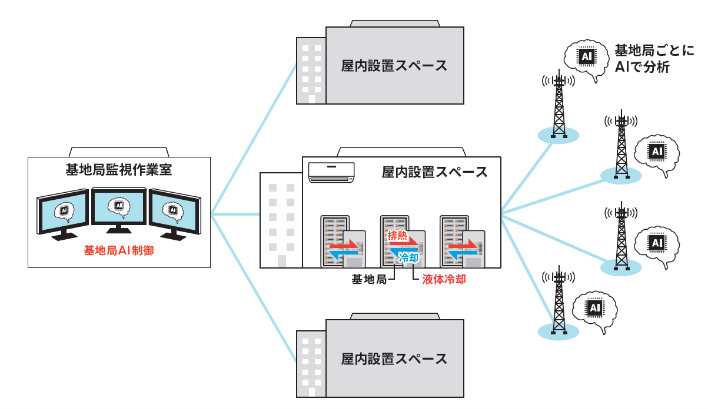Demonstration Project for the Diffusion of ZEB in Cold Climates
Hokkaido Electric Power Company, Incorporated
Outline
A net-zero energy building (ZEB) is building aimed at achieving a balance in their primary energy consumption and production on an annual basis, while maintaining a comfortable interior environment.
Hokkaido Electric Power Company (HEPCO) is the first among the power utility companies in Japan to be registered as a ZEB Planner and initiates activities to promote ZEB that is sustainable even in cold climates. A ZEB in cold climates requires technical solutions suitable for local characteristics, and face the issue of high construction costs. To meet these challenges, we have been offering completely integrated consulting services that cover all phases from planning and design to operations after construction in order to realize the ZEB.
As a new initiative, we have also started a project to develop and demonstrate a low-cost and high-efficiency ground source heat pump (GSHP) system for use in small to medium-sized buildings, in collaboration with local universities and companies, with the aim of promoting the diffusion of ZEB in cold climates.
Description
In its Strategic Energy Plan, the government aims to “achieve ZEB (net zero energy building) on average with regard to newly constructed buildings” by 2030. ZEB is thus considered an important measure for reducing the energy consumption of commercial buildings. However, in Hokkaido, a region of heavy snow and cold weather requiring high consumption of heating energy, different architectural techniques than those used in mild climate regions and that are suitable for cold environments are essential. To develop such techniques and realize ZEB in Hokkaido, more knowledge and technology for energy saving and cost reduction are becoming necessary.
Hokkaido Electric Power Company (HEPCO) was the first power utility company in Japan to be registered as a ZEB Planner, in February 2018. Being a total energy service provider, HEPCO has ever since been leveraging its wealth of expertise in optimum energy systems used in cold climates to vigorously promote ZEB adapted to cold environments. Our services for the realization of ZEB cover all phases from planning and design to operations after construction. For planning and design, we offer advice regarding, among other things, ways to reduce costs, such as downgrading the specifications of air conditioners through thorough re-calculation of heat loads, which entails the scaling down of the capacity of power-receiving facilities. For operations after construction, we support data analysis and operational improvement.
In addition to these activities, in fiscal 2019, we also started a project to develop and demonstrate a low-cost and high-efficiency ground source heat pump (GSHP) system* designed specifically to promote the rapid diffusion of ZEB in cold climate regions.
*A project conducted as part of the New Energy and Industrial Technology Development Organization (NEDO) subsidized project “Research and Development for Total Cost Reduction of Heat Utilization as Renewable Energy”
The goal of this demonstration project is to reduce total costs by at least 20% by developing a low-cost and high-efficiency GSHP system that can be installed in small or medium-sized buildings in cold climates to turn them into ZEB.
As a ZEB Planner, we will support converting buildings into ZEB and improving operations after construction to develop a standard model of ZEB designed for rapid diffusion in cold climates. In our pursuit of optimum operational technology for ZEB in cold climates, we will also combine the GSHP system with a ceiling radiant panel air-conditioning system to establish high-efficiency air-conditioning technology, and demonstrate the technology’s positive effects of reducing energy consumption, decreasing costs, and increasing comfort.
The demonstration project is conducted in collaboration with five other organizations including a university and design and construction companies in Hokkaido. The project is, therefore, also expected to help raise awareness of ZEB as an innovation that achieves both high energy-efficiency and good comfort, as well as enhancing technological strength, in the region.
We will capitalize on new technologies and knowhow obtained through this project to meet the challenge of accelerating the diffusion of ZEB in cold climates, while also effectively utilizing renewable energy to reduce our environmental impact and help achieve the Sustainable Development Goals (SDGs).
Partner(s)
The subsidized project is conducted by a consortium of six organizations: Hokkaido University, M’s Industry Co., Ltd., T-syou Co., Ltd., INOAC Housing & Construction Materials Co., Ltd., Sunpot Co., Ltd., and Hokkaido Electric Power Co., Inc.
Supplementary information
HEPCO “ZEB Consulting Service”
https://www.hepco.co.jp/business/electrification/zeb/index.html
NEDO subsidized project “Research and Development for Total Cost Reduction of Heat Utilization as Renewable Energy”
https://www.nedo.go.jp/activities/ZZJP_100154.html
HEPCO press release (February 5, 2020) “Commencement of Demonstration Project for the Diffusion of ZEB in Cold Climates”
https://www.hepco.co.jp/info/2019/1248471_1803.html
Similar Innovation Challenges
Accelarating the penetration of renewable energy resources with “Open Energy System”
Sony Group Corporation
Achieving net-zero carbon emissions from plant factories using full artificial lighting
Taikisha Ltd.
Advanced technology for buildings providing energy-saving and comfortable indoor environment (under Net Zero Energy condition)
Mitsubishi Electric Corporation
AI control reduces base station power consumption by up to 50%
KDDI CORPORATION





